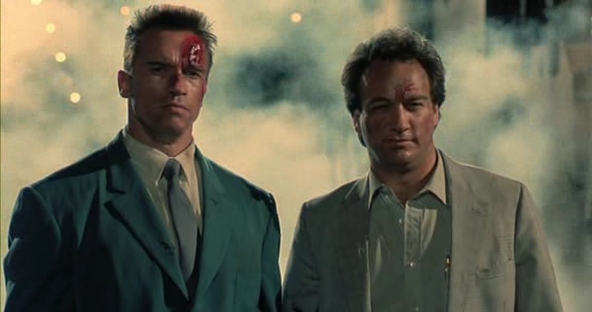 After his partner is killed in the line of duty by a ruthless Georgian drug lord, Captain Ivan Danko departs to America in order to track the drug lord down in the name of justice. On his arrival in the states, Drago finds himself not only dealing with cultural differences between American and Russian justice but also cocky Chicago police detective, Art Ridzik, who may be the only man who can help Danko track down his wanted man. During its initial release Walter Hill's Red Heat was written off as a recycled version of 48 hours, consisting of another unlikely star pairing. This isn't entirely fair to the film but there is no denying that Red Heat is by-and-large an uninspired action film that is no doubt a minor entry for its star, Arnold Schwarzenegger and director, Walter Hill. Red Heat isn't a bad film but the plot of this film is pretty generic and uninteresting outside of a few moments between its two stars. There really isn't anything about Red Heat that makes it unique or interesting in the slightest, outside of the obvious fish-out-of-water gimmick. Arnold Schwarzenegger's stern demeanor coupled with James Belushi's wise-cracking attitude is the best aspect of this film, making makes it watchable but I can certainly understand why Red Heat is one of the most forgotten films from both Arnold Schwarzenegger and Walter Hill's filmography. 6/10
0 Comments
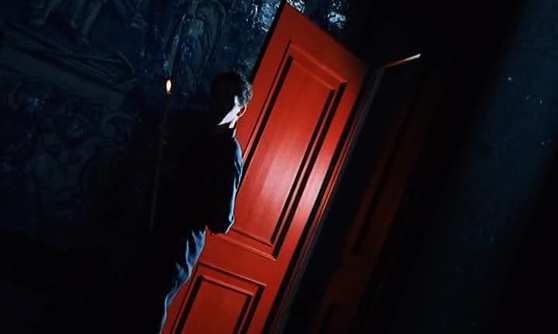 Anna Rahma, a tormented and somewhat unstable widow, lives in a mansion on the Portuguese coast with her son. Living in a luxurious but empty life, Anna grows roses with her son as a way to pass the time. The arrival of a laborer creates a strain in Anna and her son's relationship, but not in the way one would expect, ultimately giving Anna a new view on life. Werner Schroeter's The Rose King is an incredibly challenging, enigmatic study of unbridled human passion. The plot description above isn't really that important for this film which could be described as a cinematic painting, a work of art, that is self-indulgent, unapologetic, and downright beautifully realized, even if it's beyond comprehension at times. With healthy amounts of surrealism, visual allegories, and symbolism, The Rose King is basically the definition of "Arthouse". To say I comprehended even half of what Schroeter was trying to say would be stretching it but I couldn't help but be enamored by this complex film. Anna is a character haunted by the death of her love and the way the "story" unfolds between her son and his lover makes me wonder if Schroeter's film is not only a celebration of human passion but also in the beauty of death. The Rose King is filled with symbolism that shows the wear and tear of time, from worn out photographs and statues to giant cobwebs which envelope structures. The film bathes itself in such beauty-related destruction as if to suggest that death and decay are simply the final stage in a beautiful work of art. I feel that The Rose King's central motif is simply the celebration of art, capturing how intrinsic it is in both life and death. The first five minutes of The Rose King should give a pretty strong indication of whether this is a film for you. Some will find this unbearably pretentious, while others will classify it as enigmatic. I definitely understand both arguments for and against this film but there is no denying the raw artistry that a film like The Rose King possesses. 7/10  Rick Rowley's Dirty Wars follows Investigative Journalist Jeremy Schahill as he takes a candid look at America's ever-expanding covert war practices. What begins as a simple investigation becomes even more engrossing as Jeremy's unexpected journey to the truth leads him down a thrilling and quite frankly depressing road of discovery. Dirty Wars is an documentary that plays more like a mystery thriller, following Jeremy Scahill as he begins to dig for the truth. Using cinematography that is beautifully realized, the film creates a sense of unease and tension throughout the documentary which only makes the story hit harder on an emotionally level. This is not a film about political parties or political beliefs but rather the simple rights of humanity, capturing the circular motion of the war on terrorism and how desperation has made us forego basic human rights, along with checks and balances when dealing with these extremists. I think the most interesting aspect of Dirty Wars is how it captures the similarities between America's covert war and the actions of the terrorists themselves, making a convincing argument that they are more similar than the mainstream media would have us believe. Dirty Wars is a documentary made with style and substance that should be seem by all, it's intense, depressing, and almost guaranteed to make you angry. 7.75/10  Walter Mitty has worked at Life Magazine for over 16 years. Walter's life isn't exactly exciting or glamorous, leaving him to constantly disappear into his own daydreams of romance, adventure, and heroism. When the company announces its plans to downsize, Walter and many of his friends at the company find their job security severely threatened. That leads Walter to embark on a real life adventure that sees him traveling the globe in search of photographer, Sean O' Conner, a man in which he has never met face-to-face. Ben Stiller's The Secret Life of Walter Mitty is an uplifting, tale about seizing the day that oddly evokes very little emotional response from the audience. This is Stiller's most stylish and realized film from a visual perspective but it lacks much of a narrative drive that made me question what this film is trying to say. Many of the themes are obvious but the way Mitty unfolds is a bit perplexing and definitely overly sentimental. The film seems to want to be profound but its carpe-diem statement feels more like a teenager saying 'YOLO" than something which most of us can relate to. The Secret Life of Walter Mitty is a disappointing adaptation of the classic James Thurber story, watch the original film instead. 5.5/10 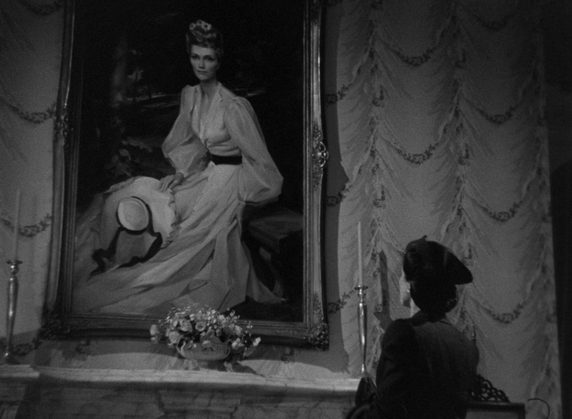 Vacationing on the coast of England, Siblings Rick and Pamela Fitgerald stumble across a beautiful house sitting on the coastline. Pamela falls in love with the property, convincing Rick to buy this seemingly dream-home. Purchasing the home at a very favorable price, thanks to ‘the disturbances” reported from previous tenants, Rick and Pamela start their life in their dream-like coastal home only to discover that these reported disturbances are more than they bargained for. Lewis Allen’s The Uninvitied is one of those old movies that is no doubt responsible for setting the structure of horror films/ghost stories for years to come. We have the mysterious characters in Commander Beech and Mrs. Halloway who seems to hiding something, the reluctancey to except the supernatural in Rick’s character, and how the film plays much like a mystery to discover the truth behind the ghost’s presence. This is an old school ghost story where the spirit isn't necessarily an evil monster but a paranormal presence looking for some type of closure. This story unfolds with a lot of dramatic weight, with Stella, the daughter of the ghost, playing a central role in this maternal ghost story. The Uninvited has a great atmosphere, using music and lighting to create a tense ghost story that is spooky but surprisingly whimsical at times thanks to a great script. Lewis Allen's The Uninvited is not the type of film that would scare modern audiences but it has an elegance that no modern horror films seem to have anymore, establishing many of the tropes of this subgenre while delivering a spooky, smart ghost with dramatic weight 7.5/10 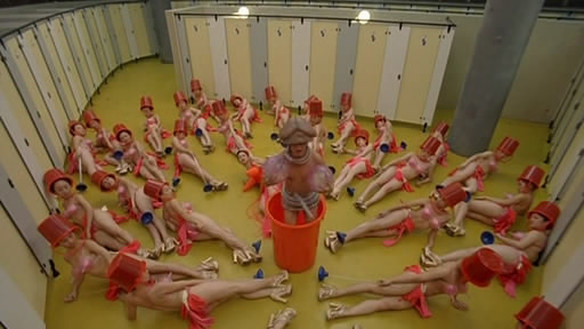 The Wayward Cloud is the film which I would consider to be Ming-liang Tsai's masterpeice. This is a fascinating film about isolation, sex, and love on some level. The Wayward Cloud could be described as tepid in pace but the addition of 6 musical numbers throughout the running time really add a great deal of energy to the film, being gorgeously photographed, kinetic and hilarious. Critics of The Wayward Cloud seem to argue that the musical segments take away from the rest of the film but I did not find this distracting at all, instead being beneficiary in developing and further fleshing out the themes of the film. The Wayward Cloud is a beautifully shot film, with some incredibly unique use of framing. Prudes may call the film pornographic in nature, being what the main characters do for a living but they care clearly missing the point. Tsai shoots these porn scenes in an incredibly cold and distant way, further strengthening the isolation and distance the various characters experience even when their profession has them conducting very intimate acts. Incredibly unique, The Wayward Cloud feels like some type of cross between Tati's Playtime and Oshima's 'In the Realm of Senses. Like most of Tsai's work it's a very hard film to summarize, but Tsai Ming Liang really has created a unique film about isolation, loneliness and human connection. Oh, and last but not least, The Wayward Cloud guarantees you won't be able to look at Watermelon the same way again, ever. 9/10 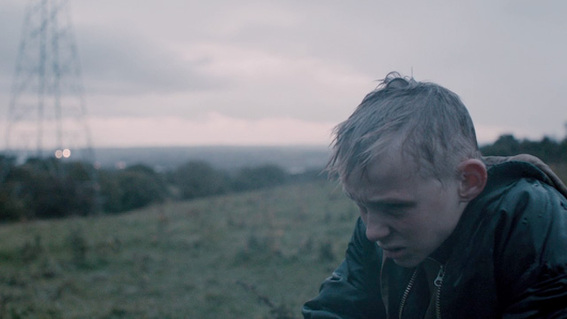 Set in a small rural town in England, The Selfish Giant tells the story of 13-year-old Arbor and his best friend, Swifty. Expelled from school and outcasts in their own neighborhood, the two young boys spend the majority of their time wandering aimlessly around town. All that changes when the boys meet Kitten, a local scrapdealer, who isn't exactly a great influence on the young boys. Clio Barnard's The Selfish Giant is the latest film to come out of the contemporary British neorealism movement that plays much like a fable in its depiction of two young boys with very little guidance. Arbor and Swifty couldn't be more different, with Arbor being the outspoken and brash type, while Swifty is quiet-type who has trouble standing up for each other, but they are bonded by their not-so-ideal surroundings. As the boys start to work for Kitten he begins to show favoritism towards Swifty, who offers more financial gain, which leads tensions between the two boys to rise ending in tragic results. If you haven't noticed by now, The Selfish Giant is a tough and sad story to experience but its gritty realism only makes it that much more poignant. This is a film that exposes the bad influences all around us and the importance of strong parental figures to help guide young minds down the right path. The Selfish Giant doesn't put all the blame on the parents though but the system as a whole for failing young minds. While it may not be the best film of this type in recent years, The Selfish Giant is undoubtedly a devastating bit of social realism that is incredibly genuine and poignant. 8.25/10 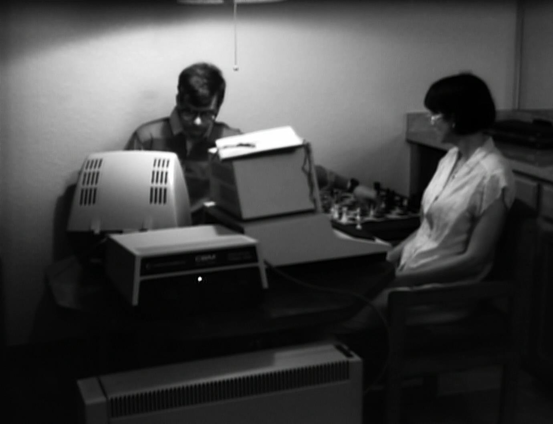 Taking place over the course of a weekend chess tournament some 30 years ago, Andrew Bujalski's Computer Chess follows a group of software programmers who are deadset on creating a computer capable of beating expert human chess players. Computer Chess takes place in a world where the contest between technology and a human's creativity and free will was completely up for grabs. This is an incredibly odd, ensemble film that spends the time to get to know its characters, a host of eccentric geniuses obsessed with creating a computer that can defeat man. Computer Chess is a cerebral experience, interweaving satire and subtext in a way that is both whimsical and intellectual. Bujalski's shoots the film in a 4:3 aspect ratio on grainy white and black film stock that gives Computer Chess an aesthetic that feels immersive, giving the film a more documentary type feel. This ensemble doesn't have a true main protagonist but Peter Bishop, a younger computer programmer, comes closest. Peter was the character I found most interesting, a reserved, shy man who constantly feels uncomfortable in the world around him. Bujalski seems to suggest he has more in common with the machine he helps develop than human life, with Peter routinely suffering terribly when it comes to expressing his anxieties. For my money this is the most interesting aspect of the film, how these computer programmers have in fact more in common with the machines they create than the average human being. Andrew Bujalski's Computer Chess is a strange yet fascinating film exploring man's relationship with machine, among other interesting endeavors. 7.5/10 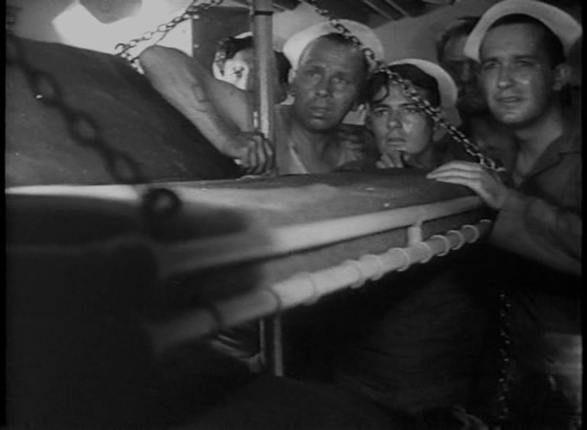 After a brief leave in Shanghai, where the sailors are allowed to indulge in plenty of woman and booze, the crew of a U.S. Navy submarine are called back into duty. Attempting to beat the rough weather ahead, the sub collides with another ship, with the submarine beginning to take in water as a result. With water rising and lack of oxygen, the crew begins to wonder if they can survive this accident as tensions begin to rise among the crew. Men Without Women is a story of survival and men having to come face to face with their own mortality. Men Without Women is an early effort by the legendary filmmaker that was made in the early days of the sound era. As a film, Men Without Women is far from a noteworthy effort by Ford but given the era in which it was made, it provides an interesting look into film history. Much of the film still relies heavily on silent passages with intertitles but there sporadic talking sequences featured throughout the film's running time. The choices Ford makes in when to go to talking segments gives the viewer insight into the director's mindset, often using talking scenes to help ratchet up tension or to make a poignant point about the crew's mental-state. The problem though is it doesn't always seem by to be Ford's choices, as the switching between talking and silent does come off quite uneven and even bizarrely out of place at times. John Ford's Men Without Women is not a bad film by any means as Ford manages the growing tension and uncertainty quite well but the way it captures the era in-between silent and talking pictures is what makes this film worth watching for fans of film. 6.5/10  Adam, an environmental consultant, Mike, a long-married small business owner, and Neil, a wise-ass doctor, all seem like normal guys with little in common. That is just on the surface though, as all three men are at different stages of rehab, dealing with addiction. Sober for 5 years, Adam is afraid to start dating again, but when he meets Phoebe, a smart and beautiful woman, he begins to try and find love again. Stuart Blumberg's Thanks for Sharing has noteworthy intentions but unfortunately the film struggles as a whole to truly capture the daily struggle recovering addicts suffer. The cast in Thanks for Sharing is probably the strongest aspect of the film with Mark Ruffalo doing his best to keep the film's message relevant. The main problem is Thanks for Sharing feels almost like a whimsical version of Steve McQueen's Shame which isn't a good thing. The film is neither serious enough to be poignant nor humorous enough to be funny, floating in-between the two extremes which in essence gives the film little to care about. The script is pedantic in its examination of the rehab process but it never dives deep enough into the core of addiction, rarely showing any of the ugliness except for a few scenes that typically have too much humor involved. Stuart Blumberg's Thanks for Sharing is a surface-level examination of addiction that doesn't know the type of film it wants to be, it has no emotional staying power, delivering a serviceable, almost sunny look at sex addiction. 5/10 |
AuthorLove of all things cinema brought me here. Archives
June 2023
|
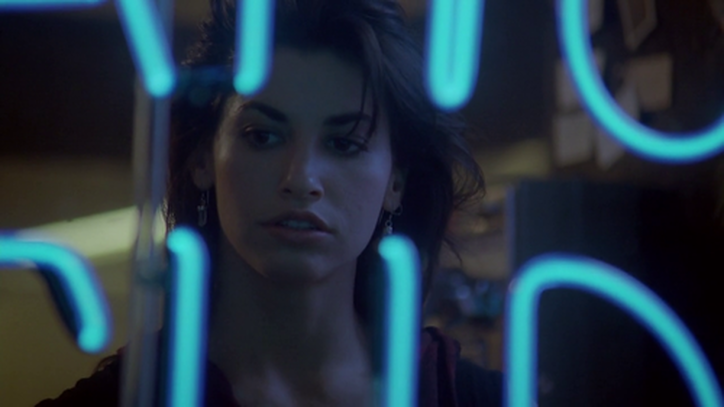
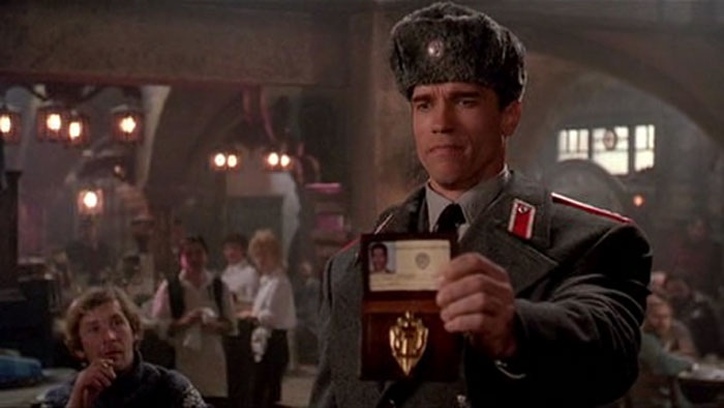
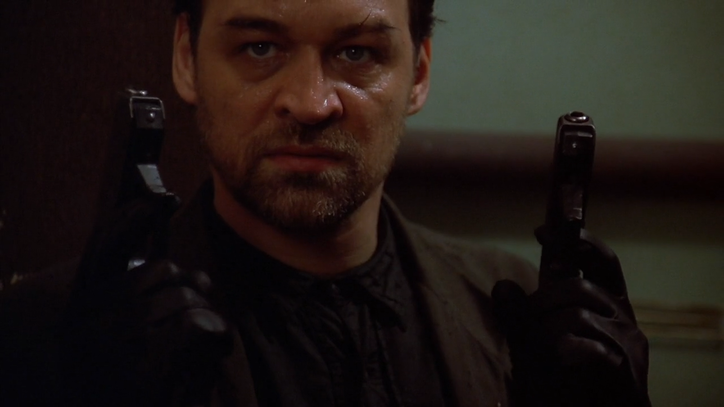
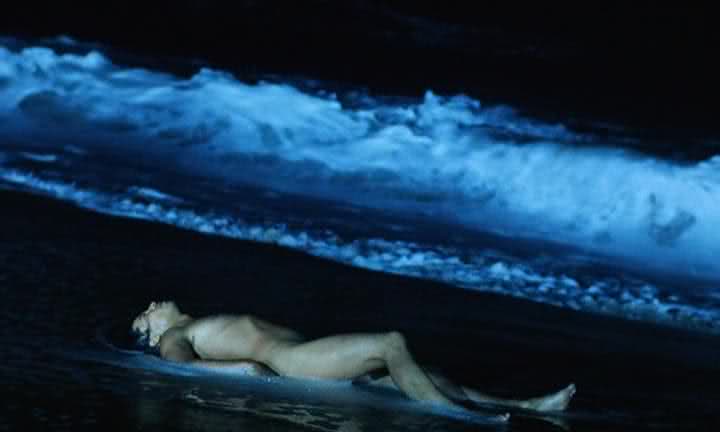

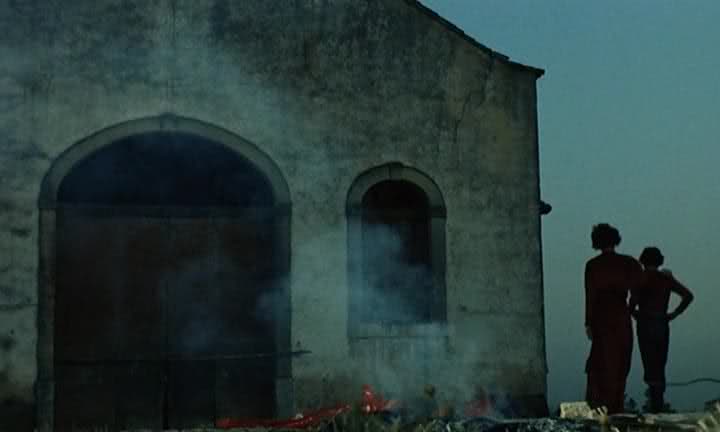
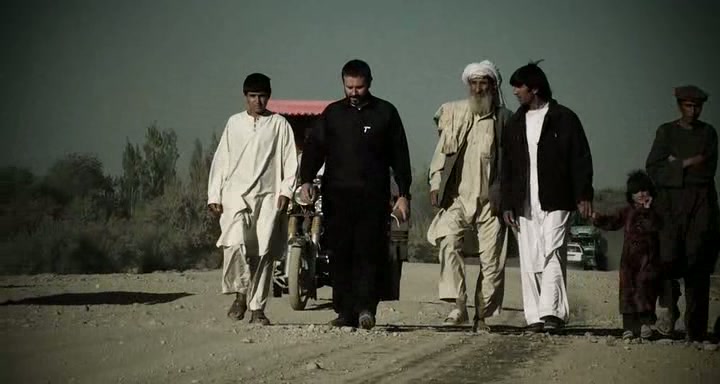

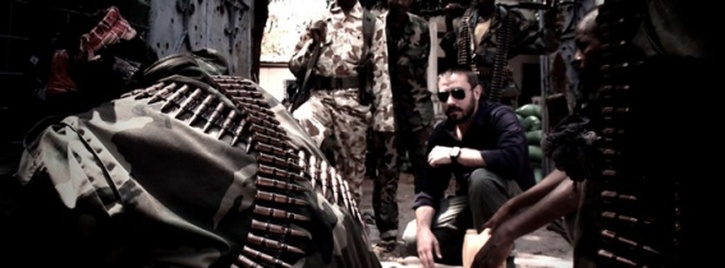
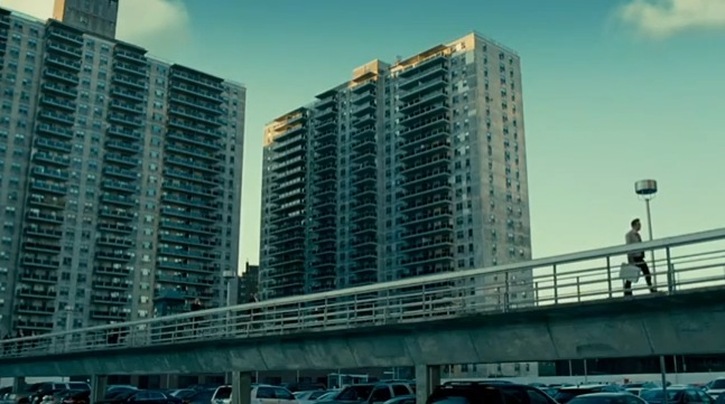

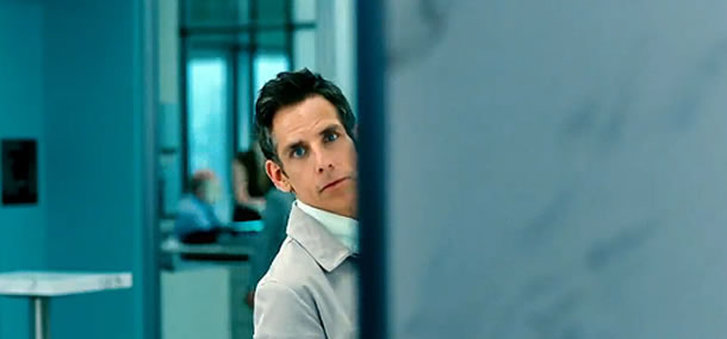
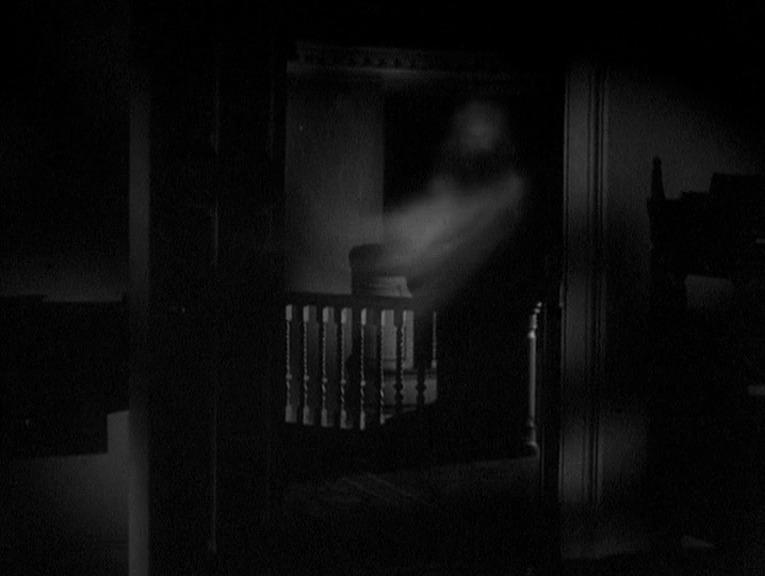
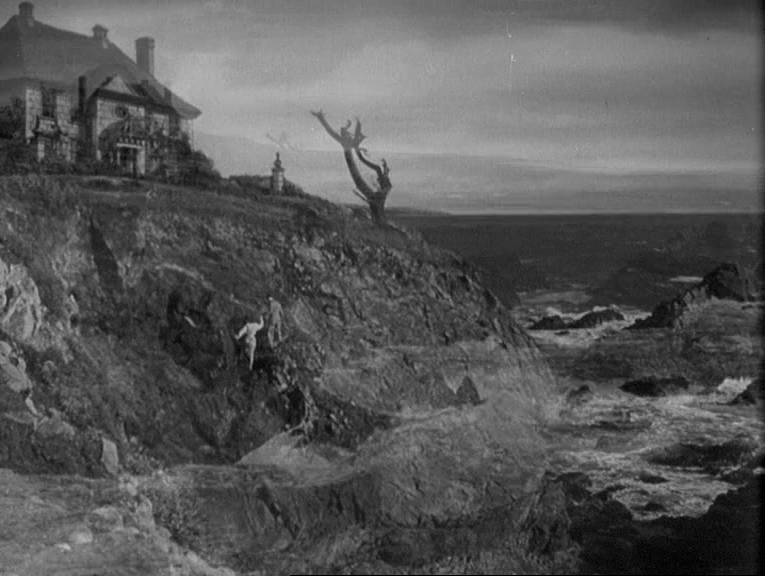
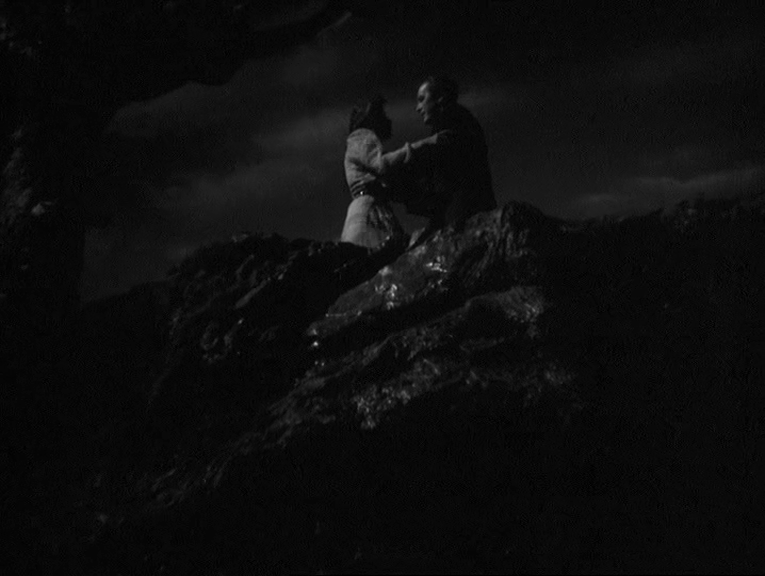
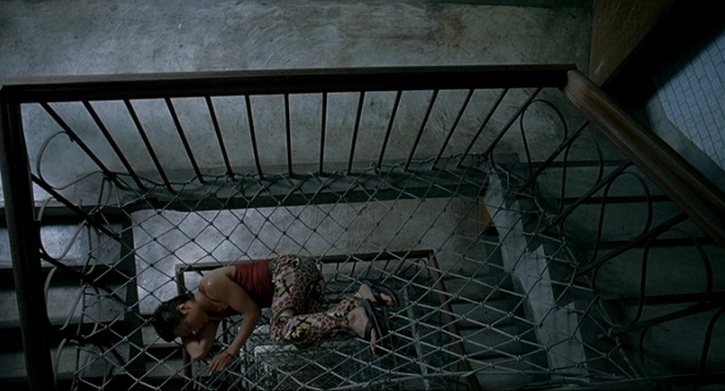
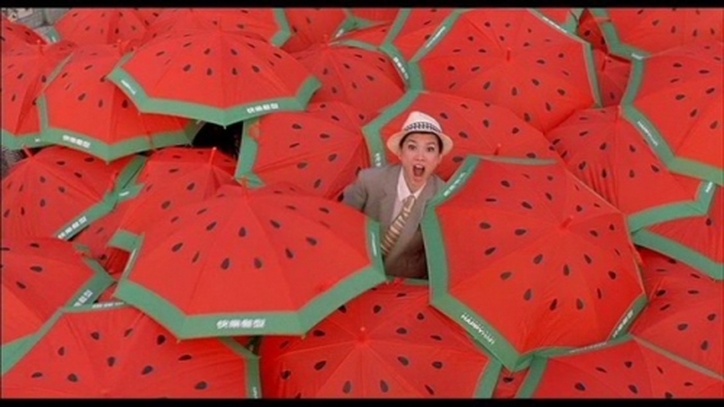
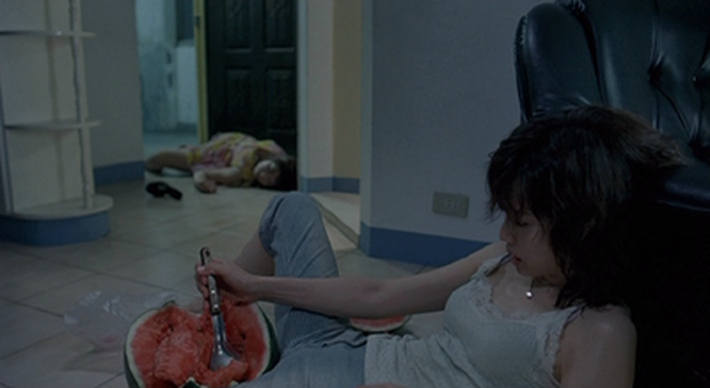
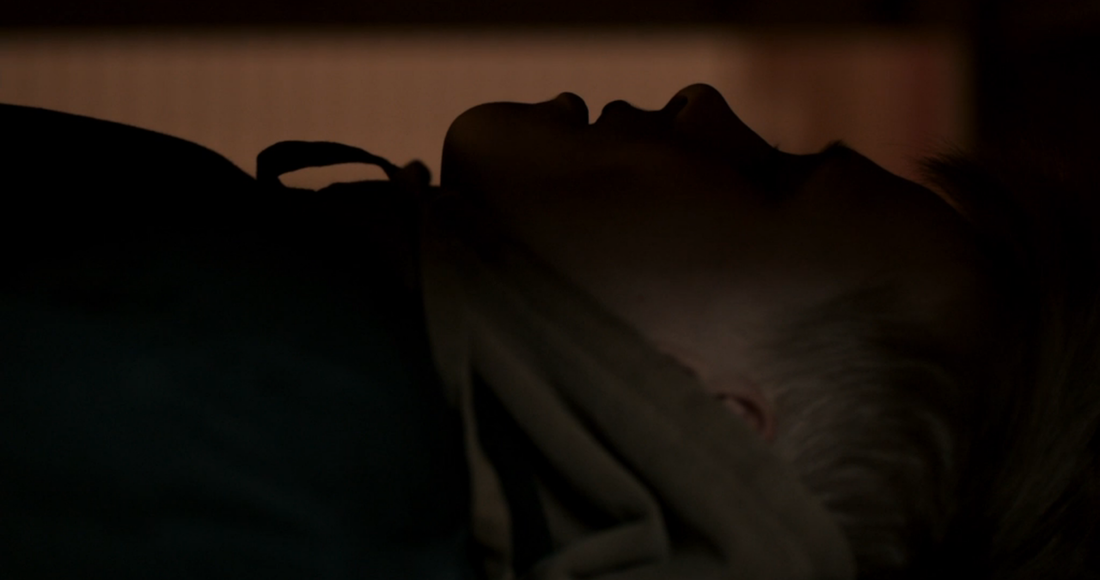
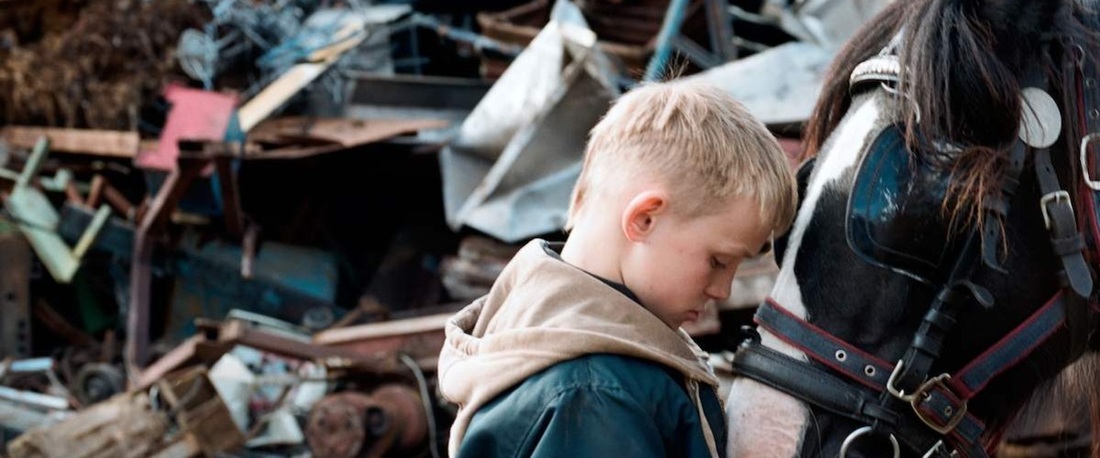
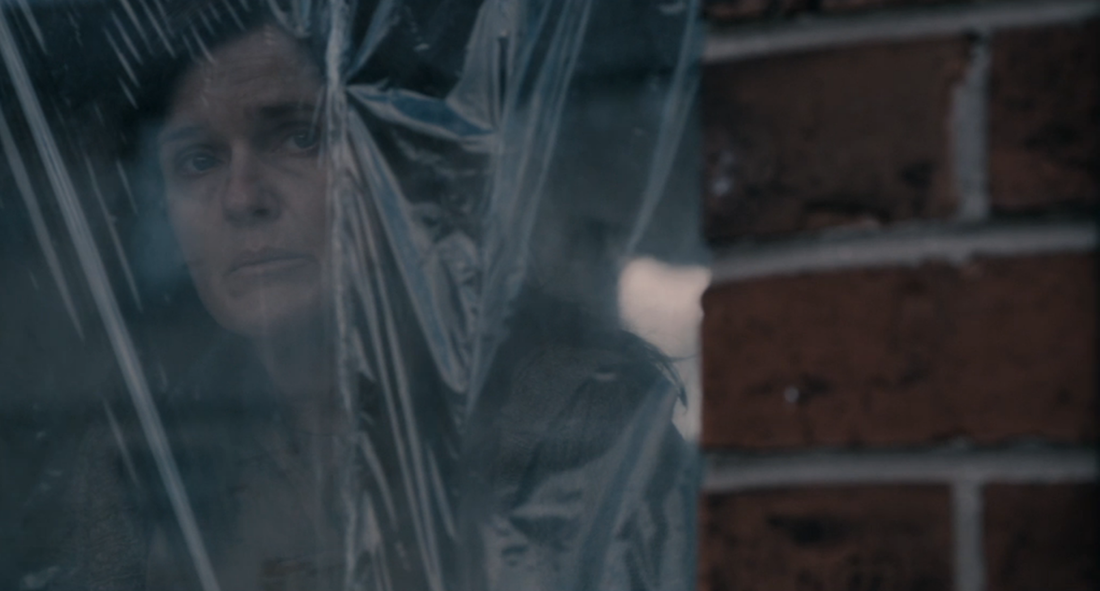
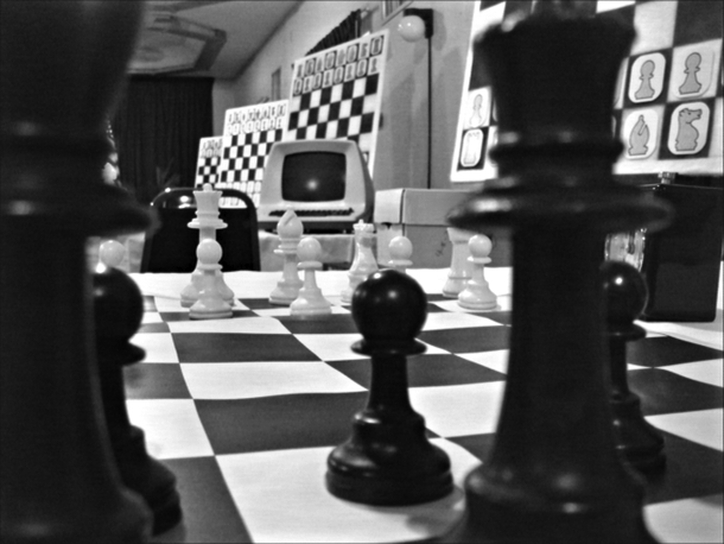
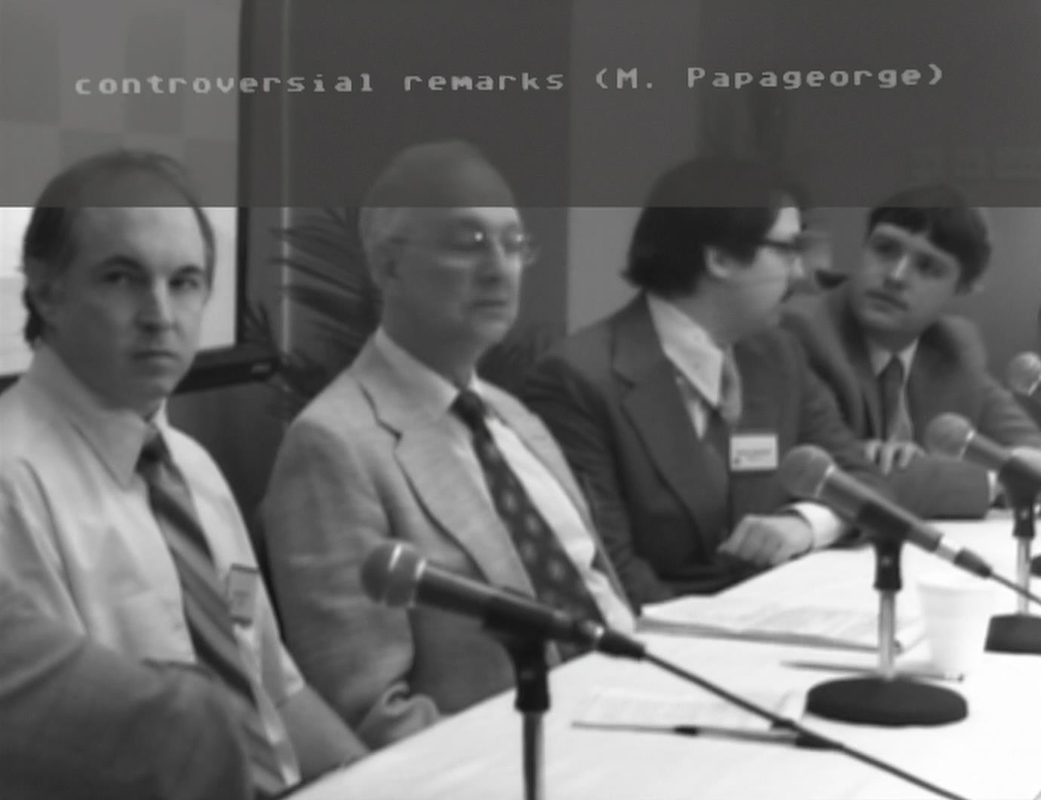
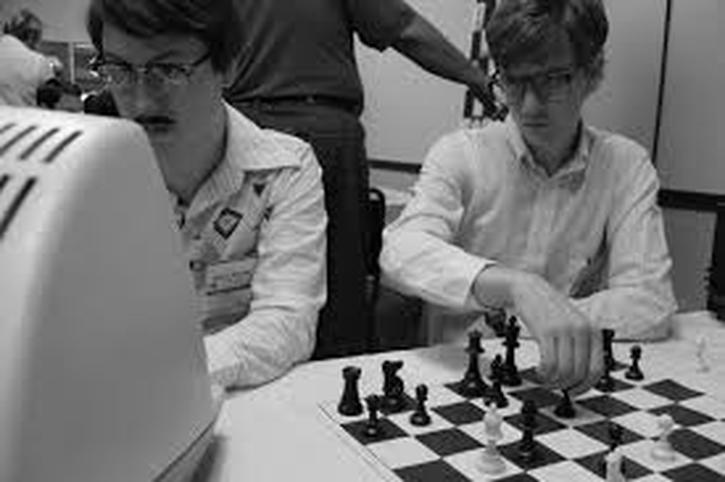
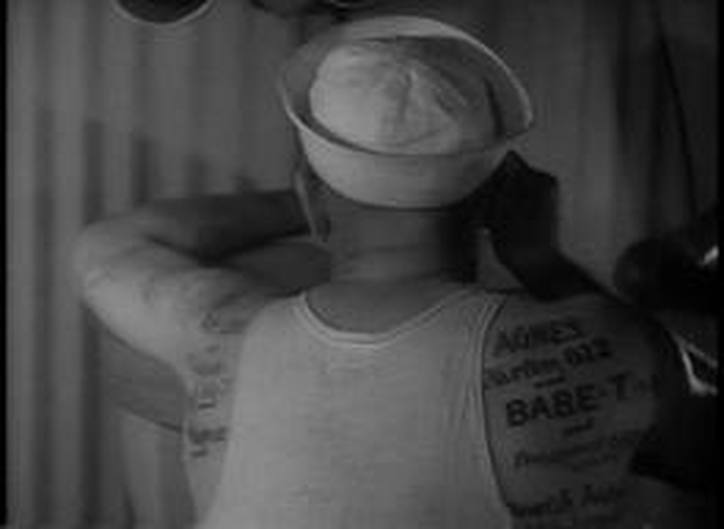
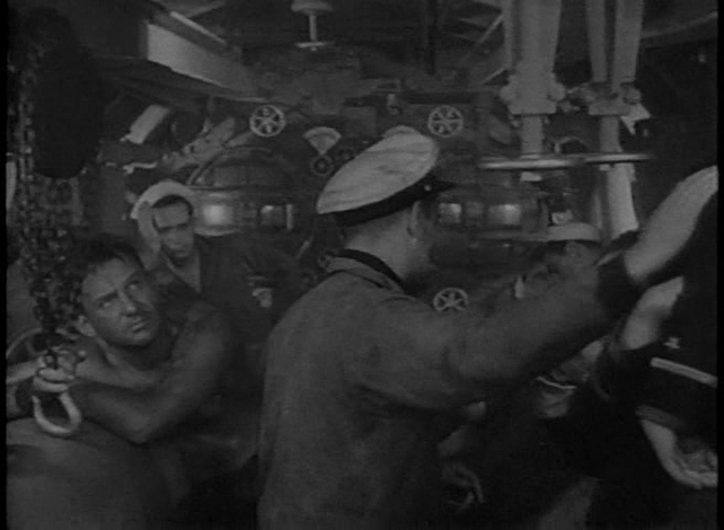
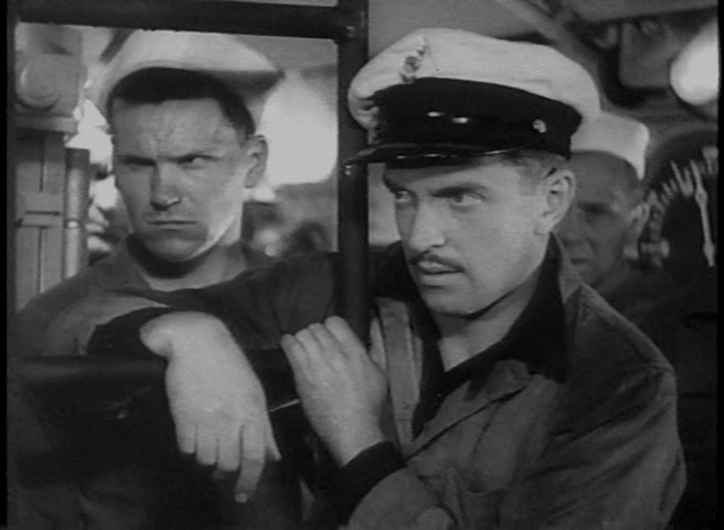

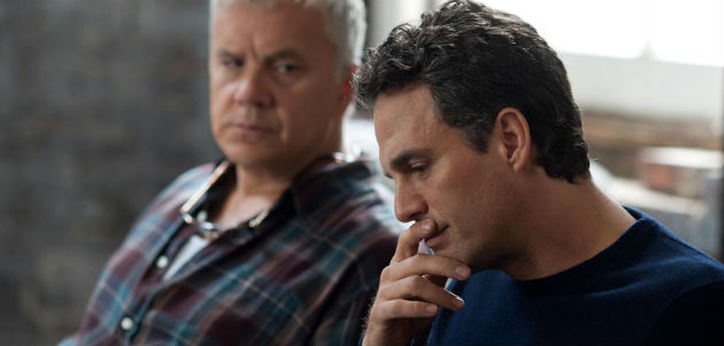

 RSS Feed
RSS Feed
